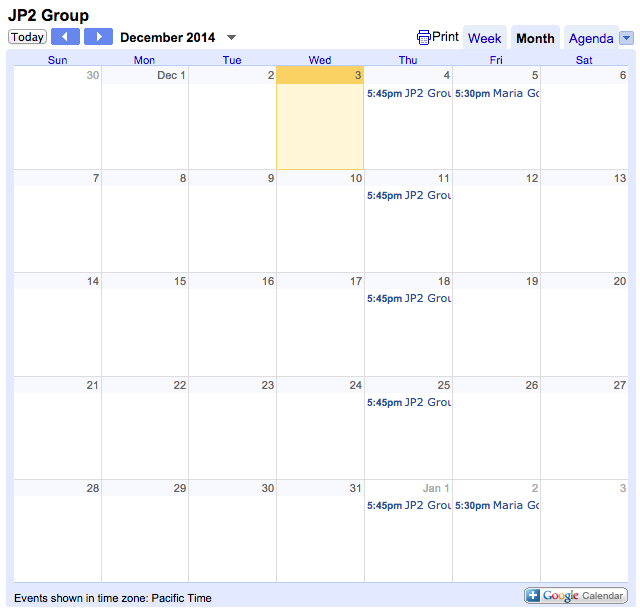Going back east
A couple of months ago I found myself back around my old stomping ground of Washington DC. It was great to return to one of my favourite US cities, catching up with friends and re-visiting all my favourite places.
As providence would have it, I had the opportunity to hear Deacon Sabatino Carnazzo speak at the Catholic Information Center (CIC). Deacon Sabatino is founder of the Institute of Catholic Culture, a Virginia-based organization about which I have previously written.
Since writing that earlier blog post, I visited Our Lady of Guadalupe Seminary in Nebraska and did a double-take when I saw an office with his name on it! Clearly this guy gets around! his brother’s name on it!
Anyway, during this “Year of Faith”, the CIC has been hosting a series of lectures on the documents of the Second Vatican Council and I just so happened to be in town for Deacon Carnazzo’s lecture on Orientalium Ecclesiarum, the Decree concerning the Eastern Rite Catholic Churches, a subject close to my heart.

No, I’m not a Roman Catholic…
Deacon Carnazzo is himself an Eastern-Rite Catholic and during his talk he explained the origin of the Eastern Churches and gave a brief introduction to life as an Eastern Catholic. In his talk he encouraged all Western Catholics to become familiar with the Eastern Church. How is this to be done? Well, if you want to get to know someone, you share a meal with them. For Catholics, this means sharing in the Eucharistic feast.
So, in the spirit of this, I have set up a Facebook event and invited my friends to come with me to celebrate the Feast of St. Peter and St. Paul at the end of the month at my local Byzantine parish. If you’re in town and you’d like to come, feel free to shoot me an email.
Glory to Jesus Christ! Glory forever!
The article Going back East first appeared on RestlessPilgrim.net
 As I was finishing off St. Augustine’s Confessions, I read the section in Book Eleven where he devotes a substantial amount of ink to the subject of time:
As I was finishing off St. Augustine’s Confessions, I read the section in Book Eleven where he devotes a substantial amount of ink to the subject of time: As you’ll see from the categorization of this entry, this is an
As you’ll see from the categorization of this entry, this is an 
